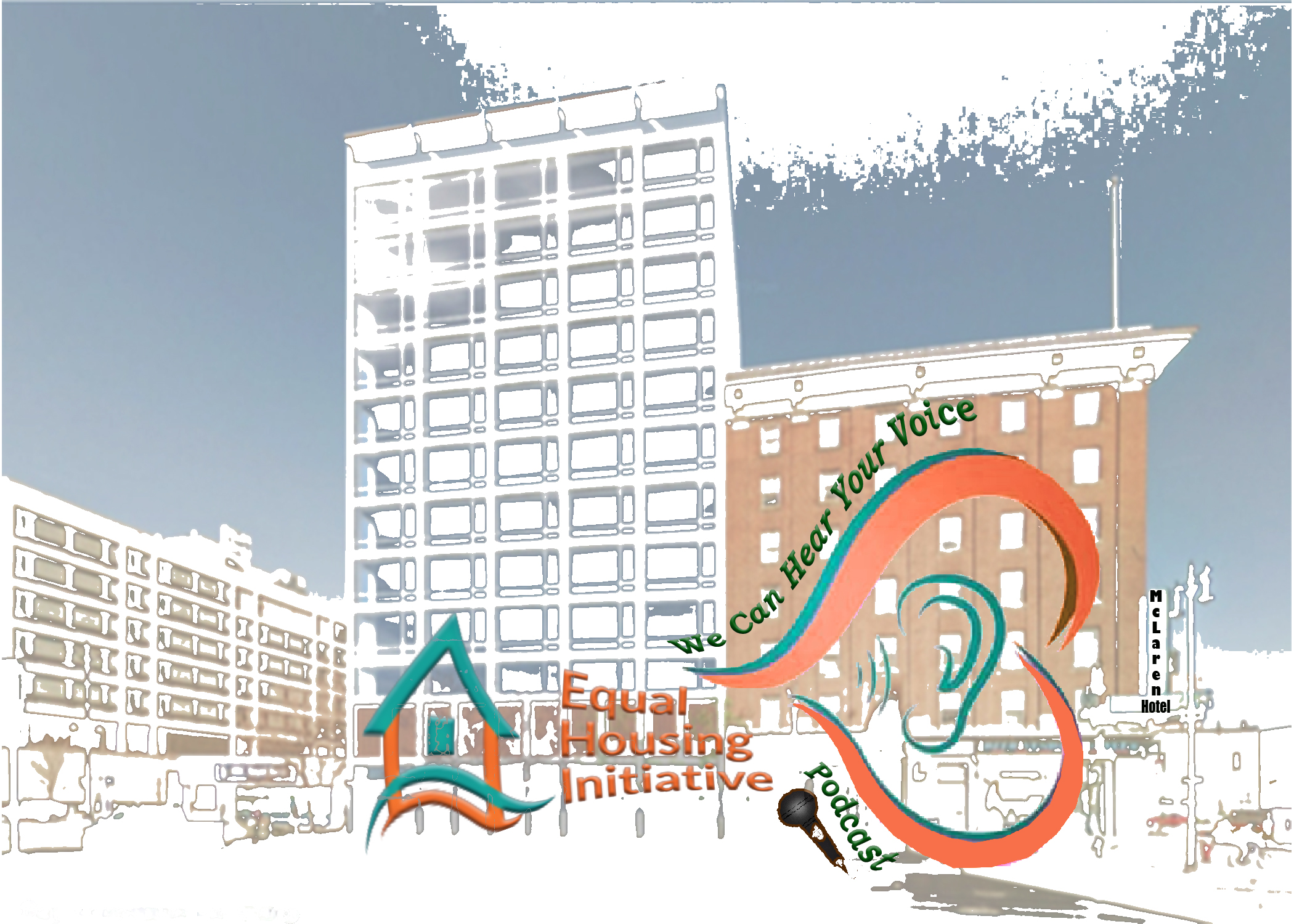Framing the Evidence - “Belonging nowhere”
“Not belonging is a terrible feeling. It feels awkward and it hurts, as if you were wearing someone else’s shoes.” - Phoebe Stone
The United Nations (UN) has called homelessness “perhaps the most visible and most severe symptom of the lack of respect for the right to adequate housing”.
The UN Special Rapporteur on adequate housing has noted that homelessness’s most common definitions recognize that an element of social exclusion is part of the experience of the homeless - In this respect homelessness implies belonging nowhere rather than simply having nowhere to sleep.(3)
EHI believes everyone has the right to and needs a sense of belonging. Poverty is a common denominator in the experience of the homeless.
Other causes or factors which make people more vulnerable to homelessness are unemployment, a lack of social security systems, a lack of affordable housing, forced evictions, non-availability of social housing, conflicts and natural disasters, (COVID-19) as well as a lack of attention to the needs of the most vulnerable.
The “deinstitutionalization” of mental health care, which first started in the 1960s and 1970s, led to persons with disabilities swelling the ranks of the homeless.
Besides the violation of their human right to adequate housing, homeless persons may be deprived of a whole range of other human rights.
Laws that criminalize homelessness, vagrancy or sleeping rough, along with “street cleaning” operations to remove homeless people from the streets, under bridges and near river banks have a direct impact on their physical and psychological integrity.
Merely by not having a secure place to live, nor any privacy, homeless persons are much more vulnerable to adverse effects of addiction, violence, threats and harassment.(4)
(3) https://www.ohchr.org/Documents/Publications/FS21_rev_1_Housing_en.pdf



